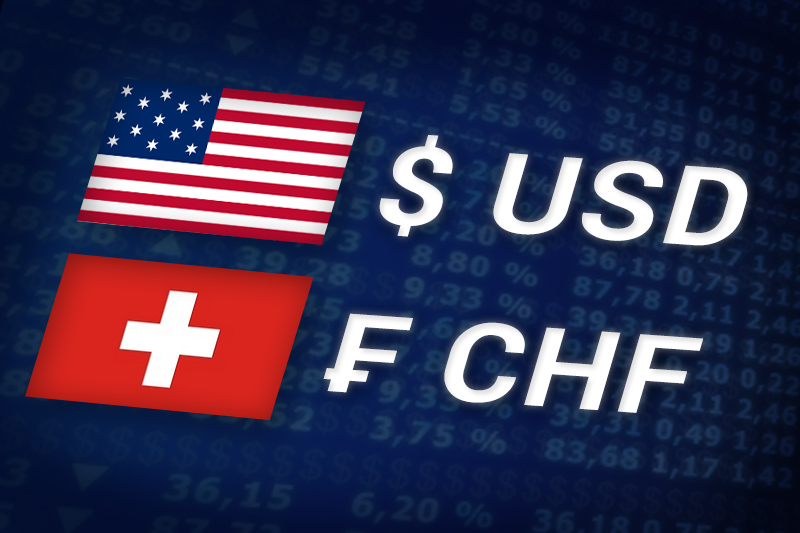Investing.com – The U.S. dollar was up against the Swiss franc on Tuesday, rallying to a fresh 5-day high, as investors awaited the release of key U.S. data on initial jobless claims.
USD/CHF hit 0.9751 during European afternoon trade, the pair’s highest since November 3; the pair subsequently consolidated at 0.9743, gaining 0.63%.
The pair was likely to find support at 0.9586, Tuesday’s low, and resistance at 0.9823, the high of November 3.
Earlier in the day, President of the Federal Reserve Bank of Dallas Richard Fisher said that Federal Reserve policy makers support a strong U.S. dollar and want to ensure that it does not lose its purchasing power.
Mr. Fisher said, “All of us are believers in a strong dollar. We want to make sure that the dollar has its purchasing power and we want to make sure it is of great international standing.”
The Swissy was also down against the euro, with EUR/CHF gaining 0.49% to hit 1.3401.
Later in the day, the U.S. was to release its weekly report on initial jobless claims. The data was being released one day earlier than usual due to a U.S. public holiday. The country was also due to publish data on its trade balance and import prices.
USD/CHF hit 0.9751 during European afternoon trade, the pair’s highest since November 3; the pair subsequently consolidated at 0.9743, gaining 0.63%.
The pair was likely to find support at 0.9586, Tuesday’s low, and resistance at 0.9823, the high of November 3.
Earlier in the day, President of the Federal Reserve Bank of Dallas Richard Fisher said that Federal Reserve policy makers support a strong U.S. dollar and want to ensure that it does not lose its purchasing power.
Mr. Fisher said, “All of us are believers in a strong dollar. We want to make sure that the dollar has its purchasing power and we want to make sure it is of great international standing.”
The Swissy was also down against the euro, with EUR/CHF gaining 0.49% to hit 1.3401.
Later in the day, the U.S. was to release its weekly report on initial jobless claims. The data was being released one day earlier than usual due to a U.S. public holiday. The country was also due to publish data on its trade balance and import prices.
